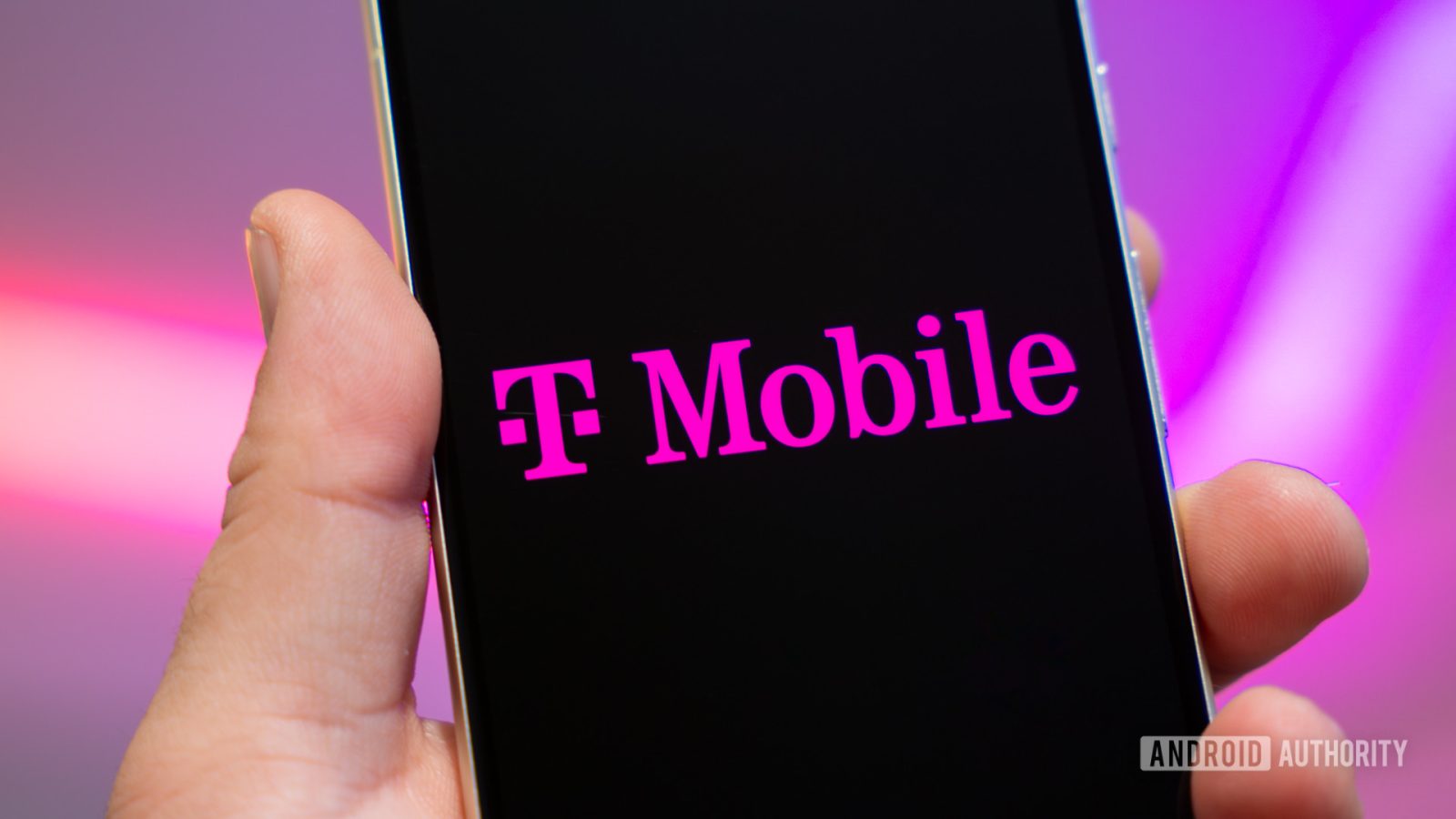
Contents
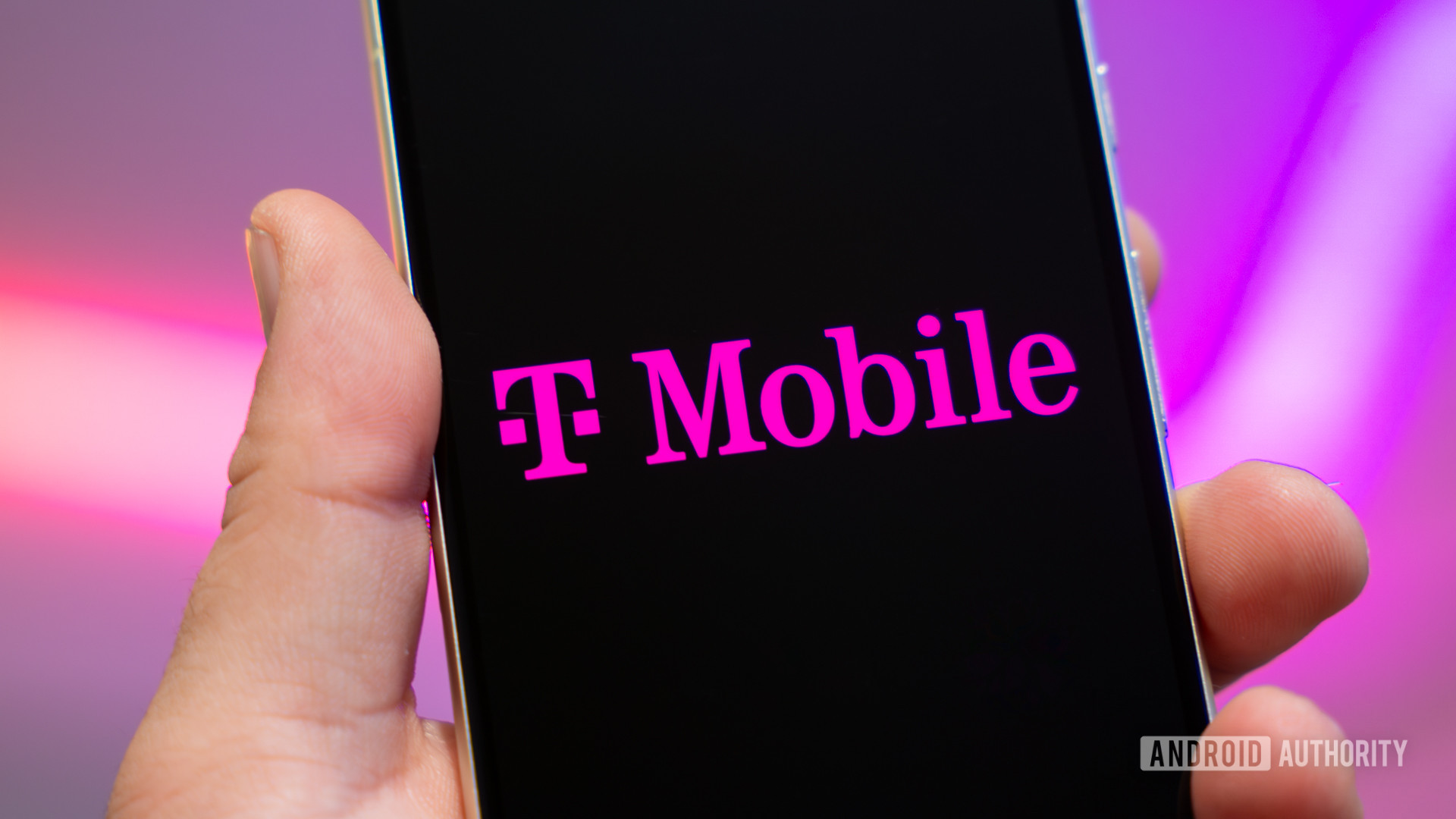
Edgar Cervantes / Android Authority
It’s no secret that T-Mobile has faced its fair share of controversy over the past few years, thanks to various factors, including frequent price increases (some of which seemingly ignore its earlier Price Lock guarantee), security breaches, and the gradual decline of T-Mobile Tuesdays. Many of these complaints stem from the fact that T-Mobile has fallen significantly from where it once stood in several key areas — but, to be fair, so has the entire mobile industry.
That said, T-Mobile still holds several advantages over Verizon and AT&T. Of course, there are also areas where its rivals come out ahead. Nonetheless, there’s a reason T-Mobile managed to gain 3 million additional subscribers in 2024, while Verizon added only 82,000 and AT&T gained just half a million.
Is T-Mobile a better choice over Verizon and ATT?
3 votes
T-Mobile’s biggest advantages over AT&T and Verizon
Customers who have been with T-Mobile since the peak Uncarrier days might yearn for better times, but the reality is many AT&T and Verizon customers have left because even in its current form, T-Mobile offers a better value.
You might pay more than prepaid, but you’ll find several advantages you wouldn’t from prepaid, and yet you’ll still typically save money when compared to the other big postpaid providers. Even our own survey revealed our readers prefer T-Mobile over not only the big networks but all major prepaid providers as well.
Here are just a few of the standout advantages that T-Mobile offers over its rivals:
- Shorter financing terms: While AT&T and Verizon have moved to three-year repayment plans, T-Mobile remains the only major US carrier still offering 24-month financing.
- BOGO promotions: T-Mobile frequently runs BOGO deals that include free phones or even entirely free lines for the life of the account. The latter is especially valuable for larger families who time their line additions strategically.
- T-Mobile Tuesdays: While T-Mobile Tuesdays may not be as compelling as they once were, the program still offers worthwhile perks, including a free MLS Season Pass.
- A faster network overall: According to the most recent Ookla report, T-Mobile delivers average download speeds of 212.77 Mbps — 120% faster than AT&T and three times faster than Verizon. Thanks to its widespread standalone 5G deployment, T-Mobile is often regarded as the US leader in 5G as well.
- Typically lower prices: No matter the plan or number of lines, T-Mobile tends to be the cheaper option over the other big postpaid providers. Its entry-level plan starts at just $25 per line for four lines, while AT&T and Verizon charge about $5 more per line — adding up to roughly $20 more per month.
- Streaming perks included: While not all T-Mobile plans include streaming perks, several higher-tier options offer extras like Apple TV Plus, Netflix with Ads, and Hulu with Ads. Meanwhile, AT&T has dropped streaming perks entirely, and Verizon only offers discounted access, charging $10 per perk.
Are there any major disadvantages?
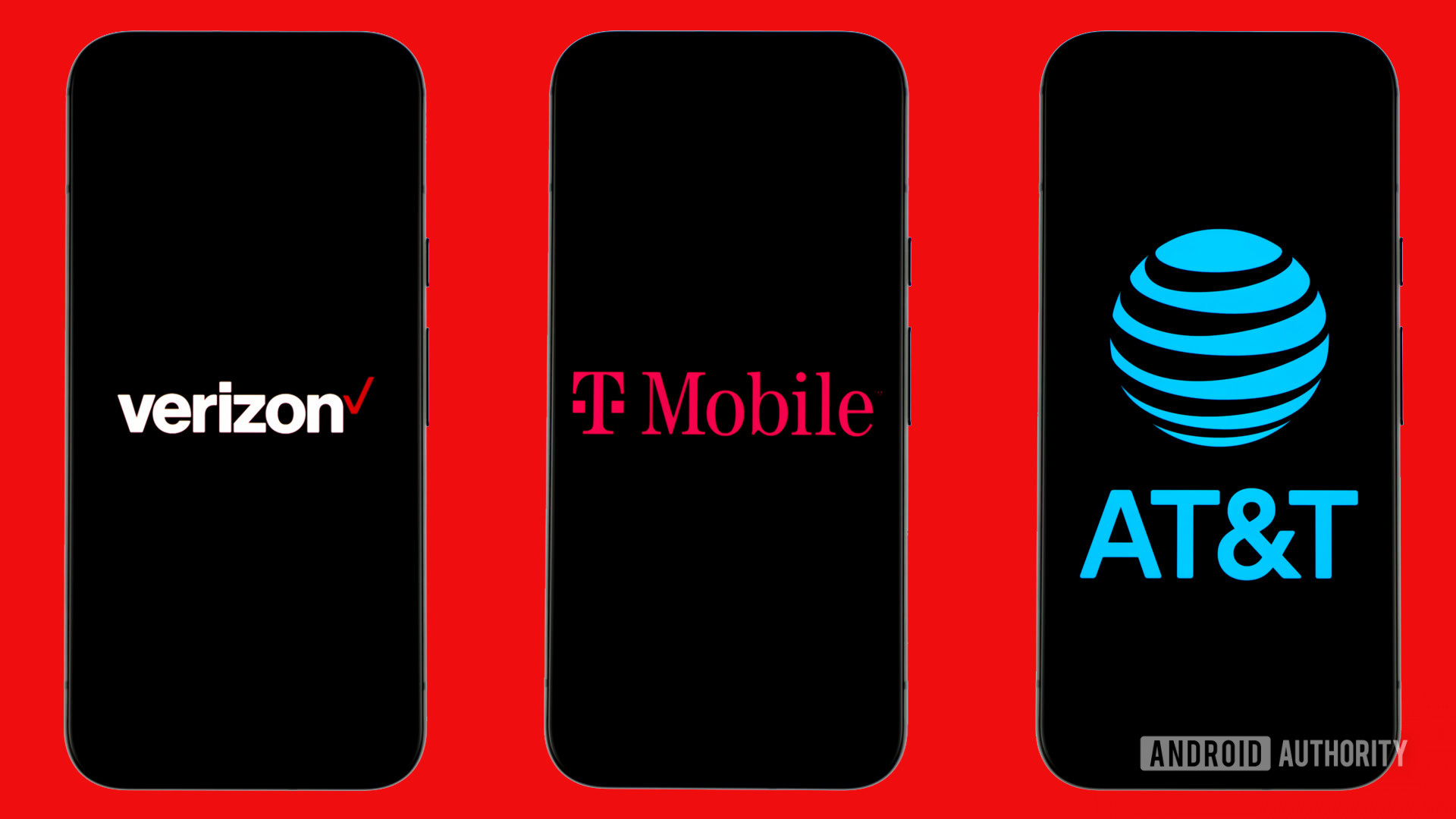
Edgar Cervantes / Android Authority
Just because some label T-Mobile as the fastest network and the leader in 5G doesn’t mean you’ll get a worse experience with AT&T or Verizon. Depending on your region, you might actually see significantly better service from the latter two networks.
Here are some areas where T-Mobile often falls behind its rivals:
- Signal reliability: While T-Mobile may offer the fastest data, its customers tend to experience more dropped calls and signal loss. According to the latest report from JD Power, Verizon outranks both AT&T and T-Mobile in network reliability across nearly every region.
- Rural coverage: Acquiring Sprint helped T-Mobile expand its rural footprint significantly, but it still tends to have more dead zones across large portions of the country, especially compared to Verizon. This may become less of an issue in the coming years — particularly if the US Cellular acquisition goes through, as US Cellular primarily serves rural communities.
Of course, for every weakness mentioned above, there are people who experience zero issues. T-Mobile has significantly improved its network in many areas, and if you live in a region with strong T-Mobile coverage, it can be hard to beat. That won’t be the case for everyone, though.
Another potential drawback for T-Mobile — at least in some (often less tech-savvy) circles — is its reputation, especially in rural regions. Anyone familiar with modern T-Mobile service knows it can rival the other two major networks in many areas. While its rural coverage may still lag behind in certain regions, T-Mobile has been working hard to expand its footprint. As a result, many people might find that it performs far better than the outdated perception they once had.
In fact, I’ve had friends and family who were hesitant to try T-Mobile because they remembered poor reception in their area from a decade ago. However, once they made the switch, they found the service was actually better than what they had before.
Should you consider T-Mobile over the other two?
T-mobile – postpaid plans starting at $50/mo

T-mobile – postpaid plans starting at $50/mo
T-Mobile US, Inc. is an American wireless network operator partly owned by German telecommunications company Deutsche Telekom, which has a 43.2% share. Its headquarters are located in Bellevue, Washington, in the Seattle metropolitan area, and Overland Park, Kansas, in the Kansas City metropolitan area.
The simple answer is — maybe. For some, T-Mobile can save you money while offering service that’s similar to, or even better than what AT&T and Verizon provide.
If you live in an area with strong T-Mobile coverage, it’s worth giving the Uncarrier a chance. And the best part? You don’t even have to leave your current carrier to try it out. T-Mobile offers a three-month trial that lets you keep your phone and existing carrier while testing its network. The trial even includes access to Magenta Status benefits during that time.
If you’re looking for a better value than AT&T or Verizon but find that T-Mobile’s coverage isn’t strong enough where you live, a prepaid provider using AT&T or Verizon’s network might be a solid alternative.
- For Verizon users: Visible and US Mobile are excellent choices. Visible is ideal for those who want unlimited data on Verizon’s network, while US Mobile is better for those who want the flexibility to access all three major providers.
- For AT&T users: US Mobile is a great option for saving money while offering the flexibility to switch between major networks. If you prefer a more traditional prepaid experience, Cricket Wireless is also worth considering.
Want even more choices? Check out our guide to the best mobile service providers in the US for a full breakdown of your options.
What’s your reaction?
Love0
Sad0
Happy0
Sleepy0
Angry0
Dead0
Wink0
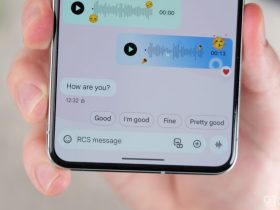




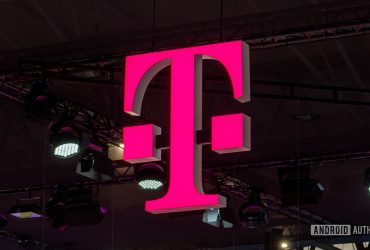
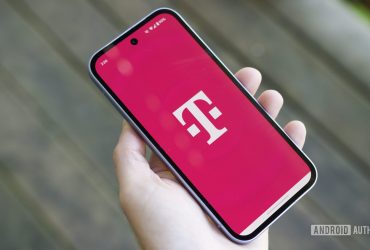
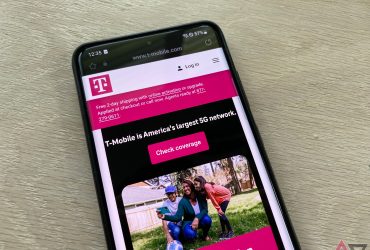
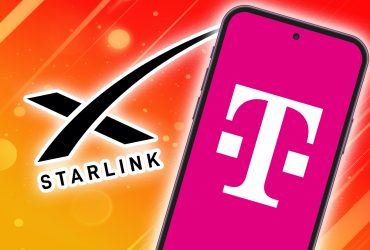
Leave a Reply
View Comments